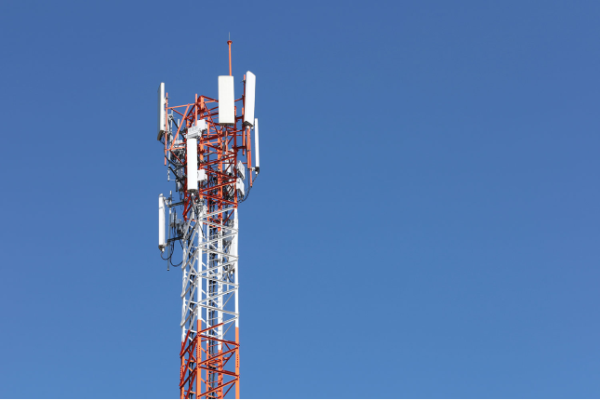22 December 2023

The UK government and all major mobile operators have agreed to phase-out existing 2G and 3G signals by 2033, which should free up radio spectrum bands so that they can be used to further improve the network coverage and mobile broadband speeds of more modern 4G and 5G networks. The switch-off will also reduce the operators’ costs and power consumption.
Most of the major mobile network operators currently expect to have completely phased out 3G by the end of 2024, although O2 (VMO2) will take longer as some of the services they supply still require 3G connectivity (smart meters, etc.).
The LGA recently conducted a new survey to assess the impact of the switch-off on local councils, which also make some use of 2G and 3G connected services. A total of 47 responses were received, which covered the views of 53 councils (some respondents provided the same response for multiple councils). The survey found that most (except 7%) of respondents were aware of the switch-off, but almost two-thirds are still using devices and systems reliant on 2G and 3G networks to at least a small extent.
The LGA said greater guidance and awareness-raising of the switch off is needed from government, and the wider telecoms industry, to make sure any disruption to devices and services are kept to a minimum and to better help them prepare for the transition. But there’s no mention of seeking additional support from the companies that built their 2G and 3G dependent systems in the first place, which should be helping with upgrades.
“Mobile data is vital for running certain services which people use and rely on every day, whether it be for help in paying for parking or providing a vital helpline in social housing,” said Cllr Mark Hawthorne, LGA digital connectivity spokesman. “Councils want to do all they can to minimise the impact of the 2G and 3G network switch off, but cannot do it alone. We need government and telecoms leaders to work together to raise awareness of the transition and what it means for those at the sharp end, including on how best to manage the move to the latest technology. Older, legacy infrastructure ranging from parking meters and payment machines, to emergency auto diallers and sensors in social housing, may need upgrading or replacing to work on new, faster 4G and 5G networks. Time is running out if we are to avoid the fallout from the big switch off.”










